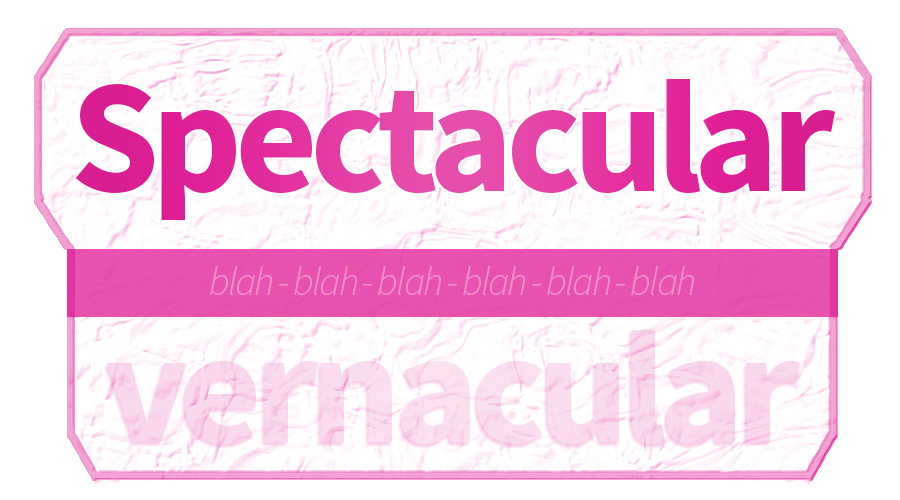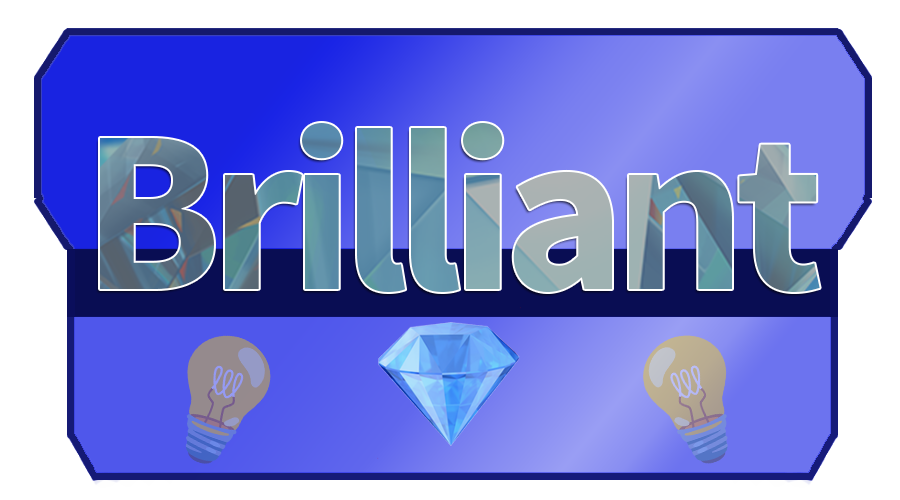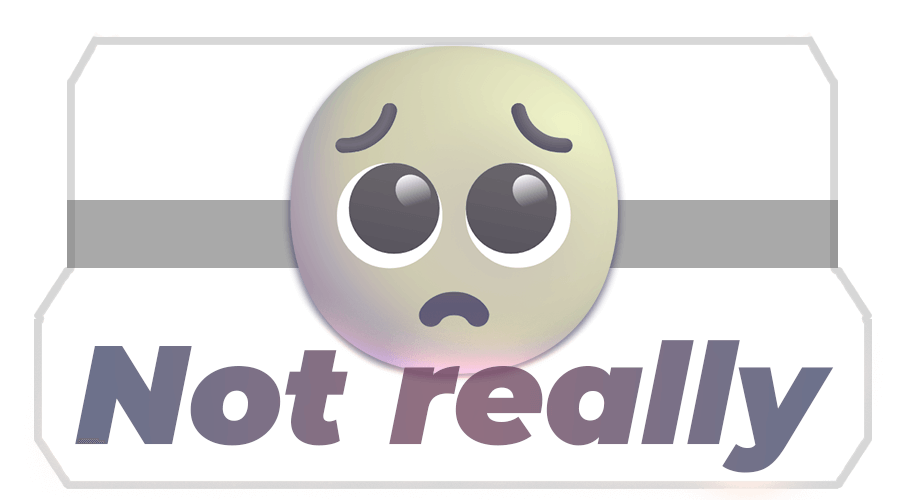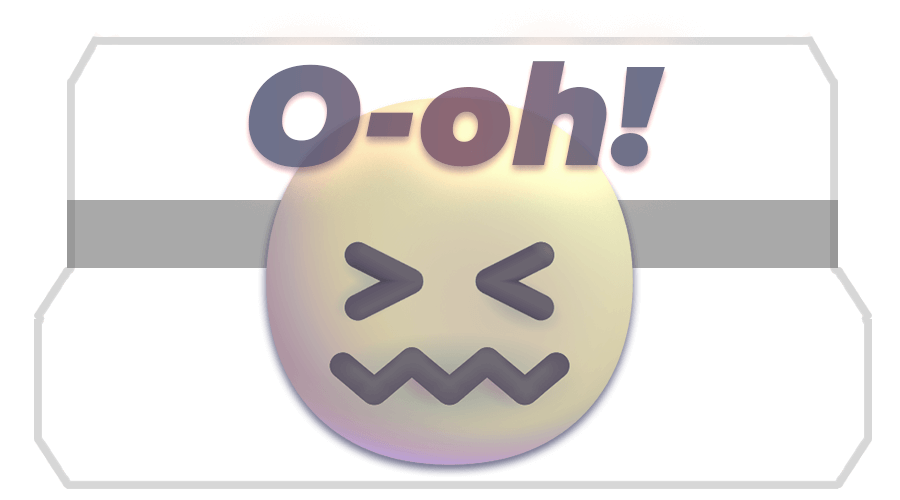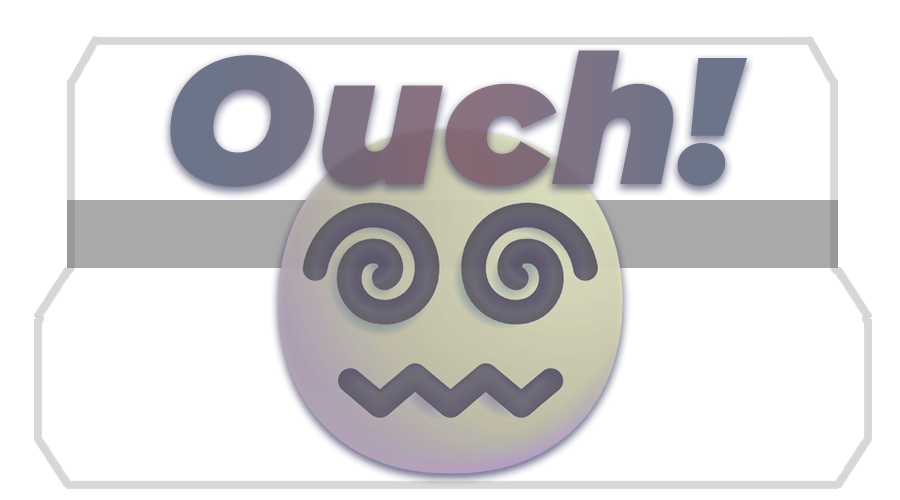AILAGAO 026 Present perfect simple – Usos da Linguagem: ever, never, recently, today 349AH
O USO DO PRESENT PERFECT COM EVER, NEVER, RECENTLY, TODAY…
O Present Perfect é um tempo verbal que expressa ações ocorridas em um período indefinido no passado, com relevância no presente. Ele é frequentemente utilizado com advérbios como ever e never para falar sobre experiências de vida, além de expressões temporais como recently e today para indicar eventos ocorridos dentro de um período de tempo ainda em andamento.
Em português, usamos o Pretérito Perfeito ou o Pretérito Perfeito Composto para expressar ideias semelhantes. Entretanto, a principal diferença é que, enquanto o inglês enfatiza a conexão entre o passado e o presente, o português frequentemente define um momento específico no passado, tornando a estrutura distinta.
Esse tempo verbal é amplamente utilizado no dia a dia, especialmente em conversas sobre experiências passadas, atualizações de trabalho e histórias pessoais. Por exemplo, ao viajar, podemos dizer: “I have never been to Japan.” No ambiente profissional, é possível ouvir: “I have sent the report this morning.”
| English Literature | Pop Song Lyrics | |
|---|---|---|
| “It was the best of times, it was the worst of times, it was the age of wisdom, it was the age of foolishness, it was the epoch of belief, it was the epoch of incredulity, it was the season of Light, it was the season of Darkness, it was the spring of hope, it was the winter of despair.” — A Tale of Two Cities, Charles Dickens (1859) | ……………………… | “I have never seen a diamond in the flesh I cut my teeth on wedding rings in the movies And I’m not proud of my address.” — “Royals”, Lorde |
Experiências de Vida
- I have never traveled to South America.
- My sister has never eaten sushi before.
- Have you ever climbed a mountain?
- He has never driven a sports car.
Uso com Superlativos
- This is the most exciting book I have ever read.
- That was the worst meal I have ever had.
- It was the most challenging task she had ever completed.
- This is the best coffee shop I have ever been to.
Uso com Advérbios e Expressões de Tempo
Por regra, a indicação do tempo vem ao final da frase, mas é possível utilizá-la também no início das orações, desde que sejam seguidos de vírgula.
| Advérbios | Expressões de Tempo | |
|---|---|---|
|
|


